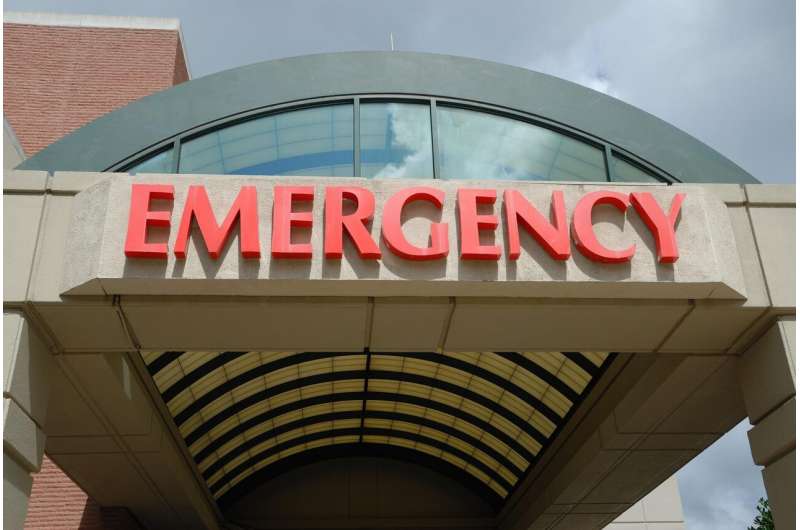Patients with Mental Health Disorders Encounter Mixed Experiences in Emergency Rooms

Research shows that patients with mental health and substance use disorders have diverse experiences in ER visits, with many facing stigma and bias. Systemic reform and provider education are essential for improving care quality for this vulnerable population.
Individuals managing mental health or substance use disorders often face a range of experiences when seeking emergency medical care. According to research conducted by the University of Massachusetts Amherst, many of these patients encounter stigma and perceived biases during their hospital visits, which can affect the quality and nature of care they receive.
The study highlights that, while some patients report positive interactions characterized by attentiveness, clear communication, and efficient treatment, others experience dismissiveness, hurried treatment, and a lack of professionalism from healthcare providers. Notably, many patients with physical complaints such as chest or abdominal pain reported feeling ignored or misunderstood, with some experiencing 'diagnostic overshadowing'—where physical ailments are mistakenly attributed solely to mental health or substance use issues.
Conversely, some patients felt genuinely cared for, emphasizing the importance of patient-provider communication and attentive care. The research suggests that while negative perceptions and experiences are common, genuine positive encounters exist, indicating room for improvement.
The study also points to the significant influence of provider biases, with some healthcare professionals acknowledging their own shortcomings in managing patients with mental health or substance use issues. Patients often reported feeling stigmatized, especially when their substance use history was visibly identified through records, leading to harsher treatment.
This research is part of a larger series examining the intricacies of emergency department care, especially for vulnerable populations. The findings underscore the need for systematic reforms in healthcare, including better patient education about what ERs can provide and tailored training for healthcare providers. Ultimately, the goal is to create a healthcare system that offers equitable, respectful, and effective treatment for all patients, regardless of their mental health status or substance use history.
As Linda Isbell, lead researcher, emphasizes, the ER acts as a crucial safety net for individuals who often have nowhere else to turn. Improving the ER experience for patients with mental health and substance use disorders requires both educational initiatives and broad systemic changes to better address the needs of this vulnerable group.
Stay Updated with Mia's Feed
Get the latest health & wellness insights delivered straight to your inbox.
Related Articles
Link Between Gun Violence Exposure and Widespread Psychological Distress in US Adults
A comprehensive study reveals that exposure to gun violence significantly affects mental health in US adults, leading to depression, PTSD, and anxiety, with long-term consequences for victims and witnesses.
The Impact of Short-Form Video Content on Children's Attention: Insights from Recent Research
Recent research highlights the potential effects of short-form videos on children's attention span and behavioral development, emphasizing the need for mindful media consumption in young learners.
Understanding What Happens in Your Brain When You Change Your Mind
Discover how brain activity influences our ability to change decisions and how understanding this process can improve decision-making skills in everyday life and professional settings.
Understanding Why Some People Are Unsusceptible to Music's Rewards
Recent neuroscientific research reveals that some individuals are unable to experience pleasure from music due to disrupted brain communication pathways. Learn about the neural basis of music anhedonia and its implications.



